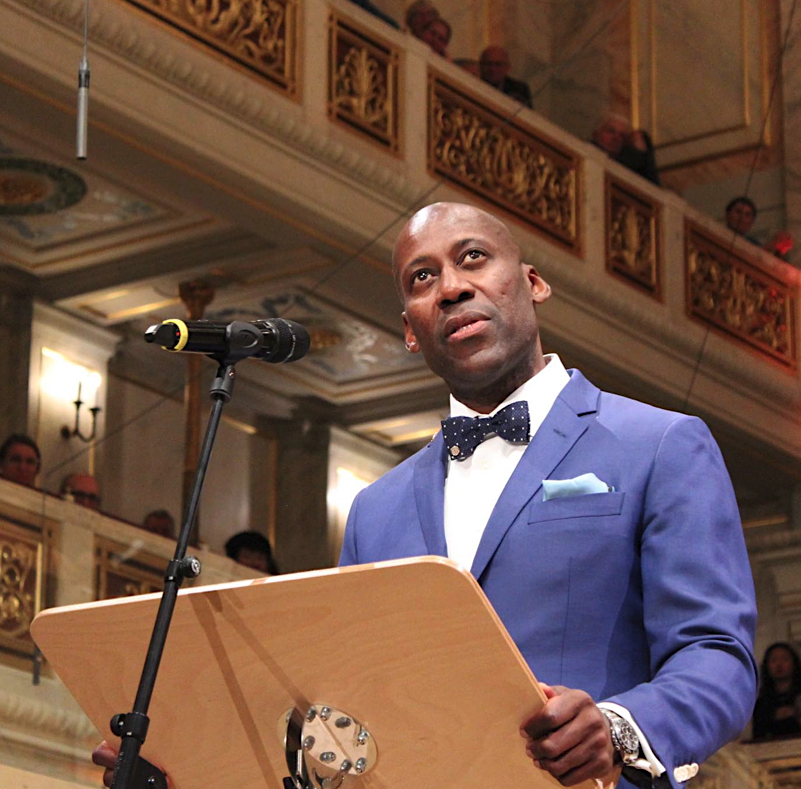News
Artists in Germany Campaign Against Mandatory Antisemitism Clause


Joe Chialo, the senator for culture and social cohesion in Berlin, announced on January 4 that the city plans to institute a mandatory “antidiscrimination clause” for those seeking cultural funding in the German capital. While Chialo stated that the stipulation seeks to ensure “public money does not promote racist, antisemitic, anti-queer or otherwise exclusionary expressions,” many artists active in Germany’s most international city see it as yet another effort to fiscally censor the Palestinian solidarity movement.
Chialo went on to propose the senate department adopt the International Holocaust Remembrance Alliance’s (IHRA) far-reaching definition of antisemitism, which among other clauses includes: “denying the Jewish people their right to self-determination, e.g., by claiming that the existence of a State of Israel is a racist endeavor” and “drawing comparisons of contemporary Israeli policy to that of the Nazis.” In the wake of Hamas’s deadly October 7 attack and Israel’s retaliatory aggression, both of these accusations have become more commonplace in pro-Palestinian discourse, particularly on social media. Artists and activists thus fear that any criticisms leveled against Israel—from explicating the historically fraught, colonial conditions under which the state arose to condemning modern-day, illegal settlements along the West Bank and East Jerusalem—will now be defined as antisemitic.
Shortly after the Berlin city council released the statement, an open letter decrying the move circulated the German arts and cultural sphere. Now published on e-flux, the statement protesting “the political instrumentalization of antisemitism clauses” has garnered nearly 5,000 signatories. Criticizing the IHRA’s conservative definition, the letter alternatively proposes the more liberal Jerusalem Declaration on Antisemitism. Drafted and undersigned by hundreds of scholars, the Declaration clarifies ambiguities in the IHRA definition while emphasizing that “judgement and sensitivity” are required when applying guidelines against antisemitism.
Responding to the controversy, the activist group Strike Germany has also emerged on social media, self-described as a “call to refuse German cultural institutions’ use of McCarthyist policies that suppress freedom of expression.” Encouraging arts and cultural workers to boycott German institutions, festivals, and panels, Strike Germany also put forth three demands: “protect artistic freedom (kunstfreiheit),” “focus the fight against antisemitism,” and “combat structural racism.” The third demand, which argues that recent German censorship “distorts, maligns, and silences marginalized positions” that are largely supported by Black and Brown artists, echoes sentiments in the open letter as well as by those whose pro-Palestinian support has been labelled antisemitic.
The mandatory stipulation comes amid a slew of cancelled exhibitions with artists who have voiced solidarity with Palestine in recent months, including Jewish-South African artist Candice Breitz and numerous others of Palestinian, Arab, and Muslim heritage. The 10th Biennale für aktuelle Fotografie was also nixed by authorities in three western German cities for curators’ criticisms of Israel, while Documenta 16’s finding committee members resigned over the organization’s prohibition on speaking out against Zionism.
Anna Lentchner is assistant editor at ArtAsiaPacific.







